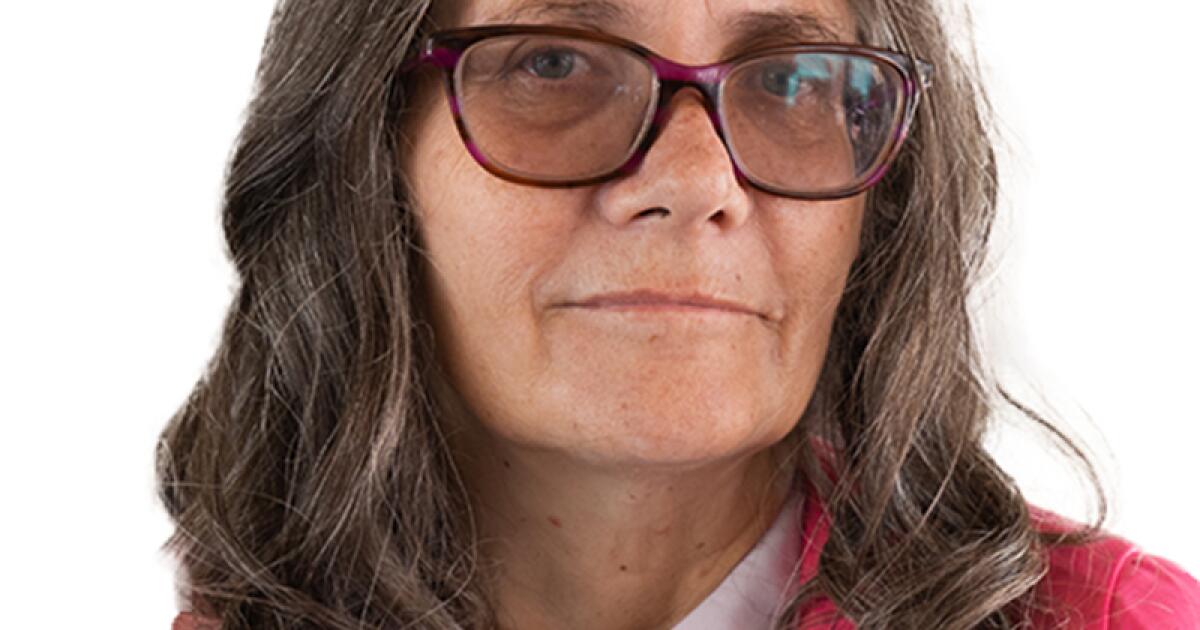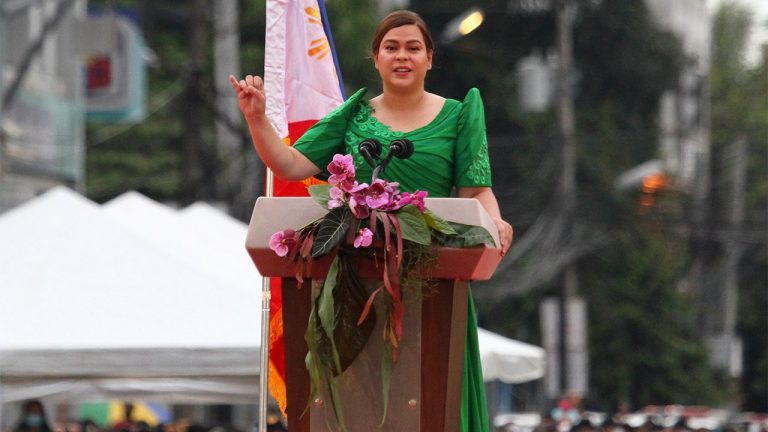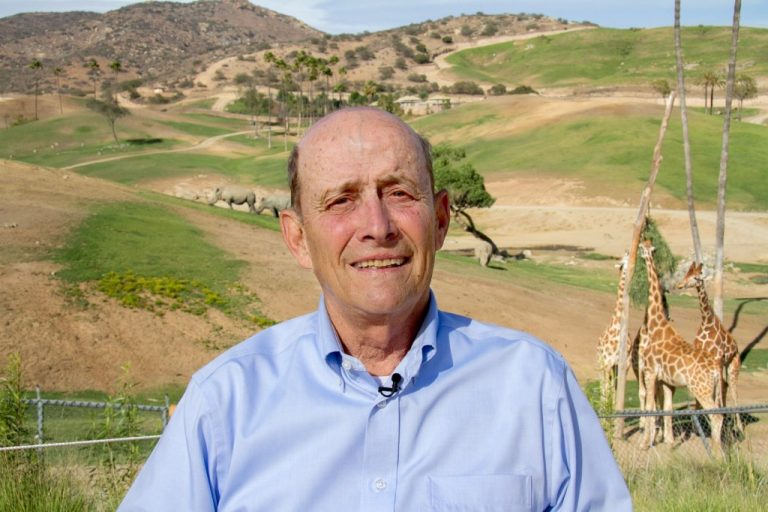
Coleen Cusack, an attorney and homeless advocate, is challenging Councilmember Stephen Whitburn for his seat representing neighborhoods downtown and around Balboa Park.
To help inform voters, the San Diego Union-Tribune asked all the candidates a series of the same questions about their priorities, positions and campaigns. Their emailed answers have been lightly edited for clarity.
Why are you running, and what makes you the best candidate?
I am running as a 25-year resident of the district and 34-year resident of the city who never before aspired for political office. But lacking all faith and confidence in my elected representative, I am stepping up to do the job myself.

I’ve been a trial attorney of 31 years. I’ve taught undergraduate criminal justice courses and experiential law courses for an overlapping 18 years, and after a recent shortage due to COVID, I became a K-12 substitute teacher. This helps fund my ability to continue to represent homeless persons pro bono.
I was motivated to run to make the city more accountable, just and transparent to its residents — but in particular for the underserved minority populations and its most vulnerable: families, youth, seniors and disabled people.
I’ve been helping underserved populations throughout my career as an attorney, educator and community member.
What are the top 3 issues facing this district and the city generally?
My campaign hashtag is #ProtectHouseEducate, and this reflects the city’s top 3 priorities.
Protect: Safety is stability. A strong and vibrant community is our best protection. We need a police department that all communities can trust and depend upon. We need to repair infrastructure to protect the people using it. We need safe bike lanes and transit lanes. We need to protect our planet.
House: Housing is stability. We have a severe housing shortage, and while we’ve attained 81 percent of our above-market rate production goals, we are below 10 percent for low-income, very-low-income and moderate housing. We can and must do better.
Educate: Education is stability. The better informed people are, the more empowered they are to make the best decisions for themselves, their families and the city. The city should also avail itself of wealth of wisdom in our community to best inform its policy choices.
What are the first 3 things you would do in office if elected?
1. I would seek to repeal or suspend enforcement of the anti-camping ordinance and make all shelters and city-sanctioned encampments voluntary options until such time as there are more indoor, safe, city-funded shelter beds than there are unsheltered persons. I would follow best practices of cities with demonstrated successes in reducing homelessness.
2. I would propose to revise the short-term vacation rental ordinance, master lease historically vacant units to temporarily shelter families, seniors and disabled persons, provide a neighborhood hotline for violations and budget for police enforcement.of its provisions.
3. I would propose an ordinance requiring all persons charged by the city with an infraction, misdemeanor or felony be timely provided with a copy of all bodyworn camera evidence collected.
Do you support a 1-cent city sales tax increase? Why or why not?
While I support the need to fund investments in our transportation and infrastructure needs, the San Diego Association of Governments (SANDAG) board would need to be fully transparent with, receptive to community input and accountable to the community for its spending choices.
What should the city do to combat its housing crisis? Do you support the city’s controversial Complete Communities developer incentive program?
We should incentivize development of below-market-rate housing and disincentivize undeveloped, underdeveloped and vacant properties. We should support Universal Basic Income and a working minimum wage for the city that is connected to median rent. We should convert office space to single-room-occupancies and negotiate with Reven Capital to redevelop the 101 Ash St. property into SROs.
While I support much of the Complete Communities program, I was outspoken against the off-siting of affordable housing units into less affluent neighborhoods. I support inclusionary zoning to move us toward our equity and inclusivity goals, and to improve our walkability.
How should public safety and civil liberties be balanced when it comes to homelessness enforcement, behavioral health policy and police surveillance?
It’s a false dilemma that we must elect either between public safety or civil liberties. Both can coexist. The Fourth Amendment protects privacy interests of all persons, including persons experiencing homelessness. Providing adequate housing first or safe shelter options would keep people safe and reduce need for police involvement and emergency room services. Residing on streets can cause lasting trauma.
It’s in our public safety interest and for the betterment of our community to move persons from the street as quickly as possible to safe and adequate housing.
Recent flooding has brought new attention to failures of city infrastructure, and how the effects of climate change can disproportionately impact poorer neighborhoods and communities of color. How should the city combat this? And do you support raising the city’s stormwater fee or a similar tax?
It’s the effects of climate change combined with the policy decisions of our elected officials that led to the tragedy in the loss of property suffered principally in San Diego’s poorer neighborhoods to be felt disproportionately. We need elected officials who will prioritize protecting those with the least. The city had a fund for infrastructure and stormwater needs, but that fund was used to pay for the 101 Ash St. financing — $233 over 20 years. These funds should be restored if at all possible.
San Diego should also seek infrastructure funding from county, state and federal governments.
The city faces a big budget crunch, along with a nearly $5 billion infrastructure funding shortfall. What services should be cut, where should more revenue be sought, and what else should the city do?
We had money reserved for infrastructure and storm water repairs that was instead taken to pay for the 101 Ash St. boondoggle.
An audit can reveal areas of excess. A building assessment of above-market-rate units can be assigned to contribute to the continued maintenance of the surrounding infrastructure.
We should consider a tax on real estate transactions greater than $2.5 million and tax penalties for out-of-county owners of vacant, undeveloped and underdeveloped properties to create a fund for housing and infrastructure needs.






